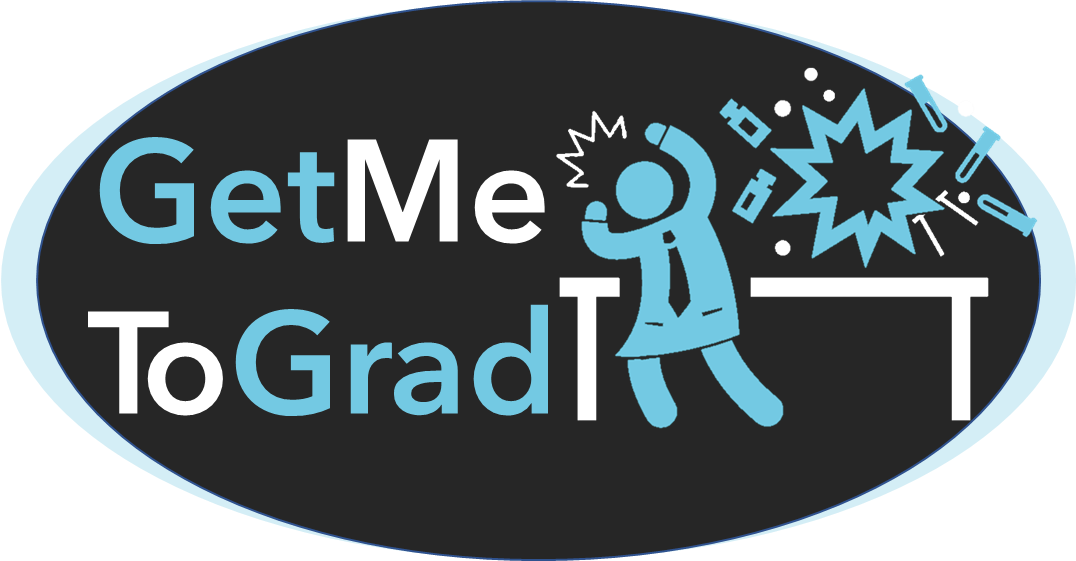Tips for CV Writing
A resume and CV (curriculum vitae) are both documents that summarize your education, work experience, and skills, but they are used for different purposes and have some key differences. A resume is a brief document, typically one or two pages long, that is used to apply for jobs and internships. A CV, on the other hand, is a longer document, usually three or more pages, that is used to apply for academic or research positions, such as graduate school.
When preparing your resume or CV for graduate school applications, it is important to keep in mind the specific requirements and expectations of the program to which you are applying. However, there are some general guidelines that apply to both types of documents.
First, be sure to include your contact information at the top of the document, including your name, address, phone number, and email. You should also include a brief summary or objective statement that highlights your qualifications and goals.
Next, list your education in reverse chronological order, starting with your most recent degree or program of study. Be sure to include the name of the institution, the degree earned, the major or field of study, and the graduation date. If you have relevant coursework or research experience, be sure to mention that as well.
Then, list your work experience, including any internships, co-op positions, or other relevant job experience. Be sure to include the name of the employer, the job title, and the dates of employment. Also, describe your responsibilities and accomplishments in each position.
After that, list any relevant skills and qualifications you have, such as language proficiency, computer skills, or certifications. Additionally, include any publications, presentations, or research projects you have been involved in and any honors, awards, or other recognition you have received.
Finally, include any extracurricular activities or volunteer work you have done. This will show the admissions committee that you are a well-rounded individual who is involved in their community.
When preparing your CV, it is important to keep the length of the document in mind. As mentioned earlier, a CV is usually longer than a resume and typically at least three pages long. However, it is also important to be concise and selective in what you include. Admissions committees are often reviewing a large number of applications, so it is important to make sure your CV is easy to read and highlights your most important qualifications and achievements.
When preparing your CV, it is important to avoid including irrelevant information. For example, it is not necessary to include your high school education or a list of every job you have ever held. Also, be sure to avoid including any sensitive or personal information that is not relevant to the application.
It is also important to make sure your CV stands out from the rest. There are a few ways to do this. First, use a clear and professional layout and format. Second, use strong action verbs and phrases to describe your accomplishments. Third, be specific and quantify your achievements as much as possible. Finally, have someone proofread your CV for errors and provide feedback.
In conclusion, a resume and CV are both important documents that summarize your education, work experience, and skills. However, they are used for different purposes and have some key differences. When preparing your resume or CV for graduate school applications, it is important to keep in mind the specific requirements and expectations of the program to which you are applying and be concise, selective and make it stand out.
